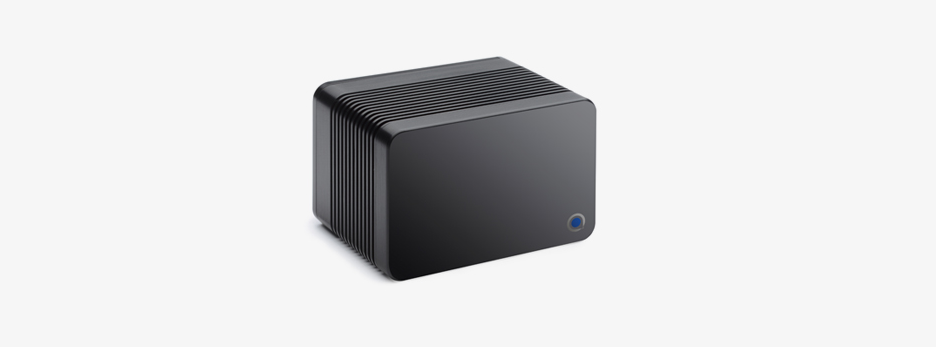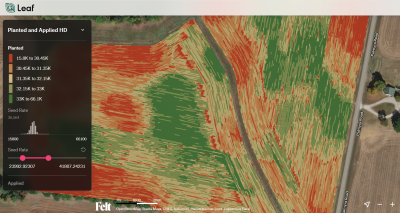Just as we all expected, this year’s CES was big for automotive lidar. That means Quanergy had a big year, making a number of announcements about its forthcoming low-cost solid-state lidar solution.
One announcement promised that production and delivery of the S3 solid-state lidar sensor will begin before the year is out. “We believe that 2017 will be the year that lidar demonstrates that it can be an affordable, reliable, mass market product,” said Quanergy CEO Dr. Louay Eldada.
How? Lots of partnerships.
Bringing the Sensor to Market
The company has entered a “strategic commercialization partnership” with Sensata Technologies, which manufactures sensors for a number of different industries. Since finalizing the agreement, the companies say they have been developing solid-state lidar sensors for delivery to automotive customers later this year.
Quanergy expects to benefit from Sensata’s global scale and automotive connections for the “rapid commercialization of future advanced driver assistance systems including autonomous driving.”
For all other markets, Quanergy is entering into a contract-manufacturing deal with Flex.
An Off-The-Shelf Solution
Quanergy has also announced a business relationship with Civil Maps, a 3D-mapping company best known for its deep-learning technology for autonomous vehicles.
Civil Maps will include Quanergy sensors in its Atlas DevKit, which helps offers a low-cost sensor package for self-driving vehicles. Alongside the lidar, the devkit includes cameras, an IMU, and wired as well as wireless communication in a single, self-contained package.
The companies claim it will be a “commercial off-the-shelf platform that is compelling for new market entrants.” Customers who purchase the Atlas DevKit will presumably be able to take advantage of Civil Maps’ Context Engine, the company’s software solute for smart mapping with deep learning technology.
All in all, 2017 is shaping up to be a big year for lidar.






